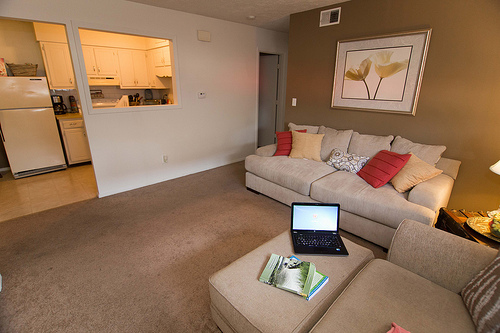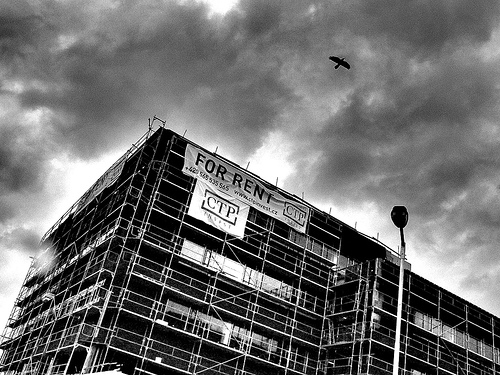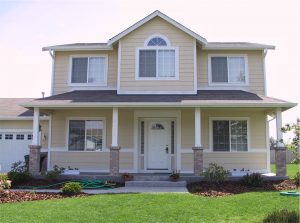A friend of mine recently rented and moved into a swanky new apartment in our downtown area. When discussing the details about her new rental, I was interested to know how much she was paying for rental insurance.
Rental Insurance? She asked.
Yes, I replied
It’s a brand new building, I couldn’t be bothered to waste my money on something that will never happen.
That’s how our conversation started about rental insurance, but it quickly developed into a whole debate about the importance of rental insurance and why any renter absolutely requires it.
My Experience With Rental Insurance
Before my husband and I were married, and moved into our current home, we rented an apartment. It was a nice, new, one bedroom 700 square foot beautifully furnished apartment about five minutes from all of our friends and family. Being a new building in a safe neighborhood, I will admit, like my friend, I questioned if we should even bother with rental insurance. I mean surly nothing would happen and I saw the approximate $25 per month rental insurance charge as a waste of money.
To make a long story short, having rental insurance was one of the best financial decisions we ever made. The new piping in our bedroom (carrying our hot-water heating supply) was faulty and we ended up having a massive flood that resulted in thousands of dollars in damage to both the apartment itself and our possessions. We lost televisions, bedding, pictures, books and the apartment bedroom needed to be gutted. The floors and walls were replaced and we were without a place to call home for, what ended up being, ten days.
The flood happened the first week of December so on top of the flood, we were dealing with the whole stress of not having a home during Christmas.
Having rental insurance meant we were entitled to a hotel stay, all damaged items being replaced, legal proceedings were covered and a daily stipend to live for inconveniences was given. We were fortunate to have friends and family close so we didn’t have to live in a hotel but it was nice to know we wouldn’t be homeless. Though we did lose a few personal photos and books, most of the items that were damaged were replaceable. We were lucky.
If we didn’t have rental insurance though, we would have been in a much worse spot. Having rental insurance saved us. Since we are in debt, we have a small emergency fund but we would have needed thousands of dollars already set aside to replace the damages from this flood, something we didn’t have. I shudder to think about the financial situation we would have been forced into if we didn’t have rental insurance.
My Advice on Rental Insurance
I cannot recommend rental insurance enough. To my friend, I think she has changed her mind and decided to get rental insurance. If she can afford this beautiful apartment, she can’t not afford to insure it. Property insurance, whether it is for a property you own or rent is one of the most important decisions you can make.
In our case after the flood was over and cleaned up, the property owners tried to come after us for ”damages” and threatened to sue us since they felt the flood was our fault and not theirs. Once again, having rental insurance allowed us to have peace of mind. We didn’t have to worry about anything and the insurance company dealt with the property owners on our behalf. We moved out six months later into our current home were the first thing we did was sign up for rental insurance.
Insurance is something you may never use but the piece of mind it gives knowing you have it is incredible.
Have you ever had to make a claim on rental insurance? Do you have insurance or see the need for it?



